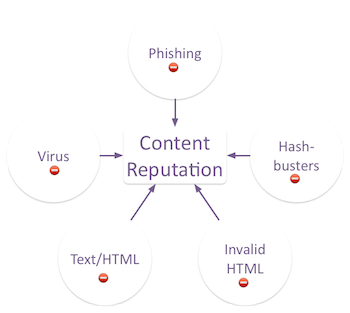It depends… no more
The two most hated words in deliverability. Many people ask general questions about deliverability and most experts, including myself, answer, “It depends.”
There are a lot of problems with this answer. The biggest problem is that it’s led to the impression that there are no real answers about deliverability. That because we can’t answer hypothetical questions we are really just making the answers up.
The reason we use “it depends” is because the minute details matter when it comes to deliverability. Wether or not something will hurt or help deliverability depends on the specific implementation. Who’s doing the sending? What is their authentication setup? What IP are they using? How were the addresses collected? What is their frequency? What MTA is used? Are they linking to outside sites? Are they linking to outside services? Where are images hosted? The relevant questions go on and on and on.
I am going to stop saying it depends when answering generic deliverability questions. Instead I will be using the phrase “details matter.” Details do matter. Details are everything. Details drive deliverability.
Details Matter
The importance of details is why many deliverability people hedge their answers. The details do matter.
I will do my best to stop answering It Depends to deliverability questions. Instead, I’ll be answering with question and pointing out the details matter.
